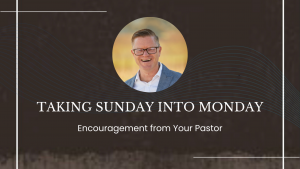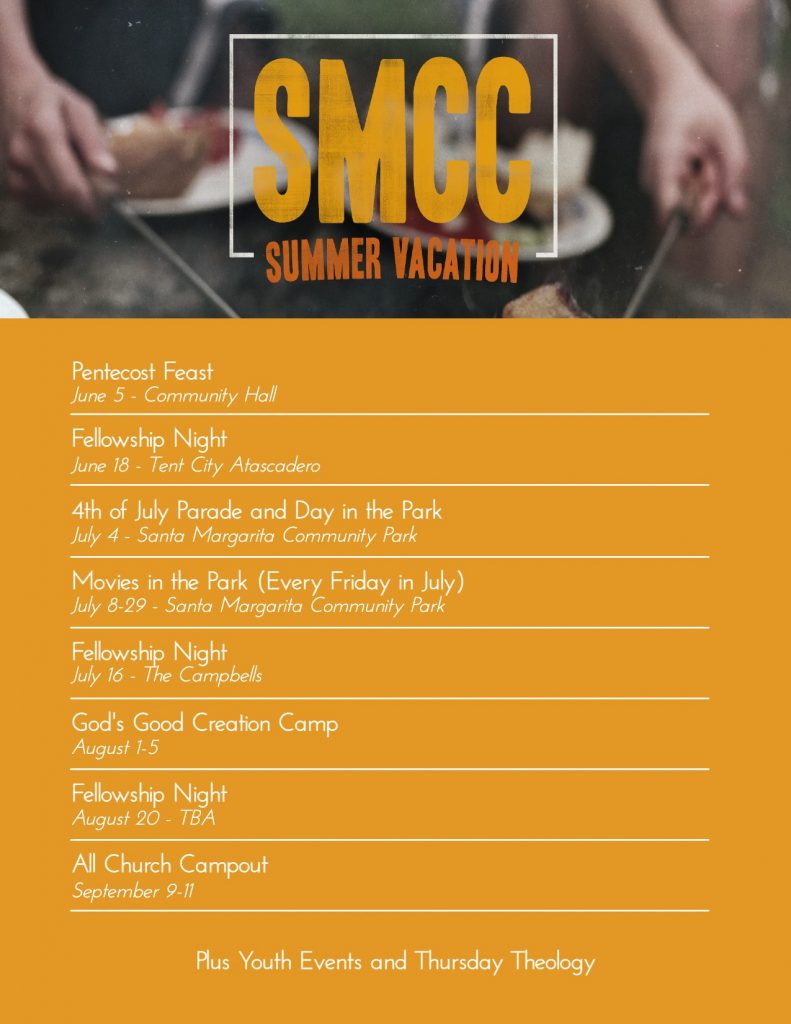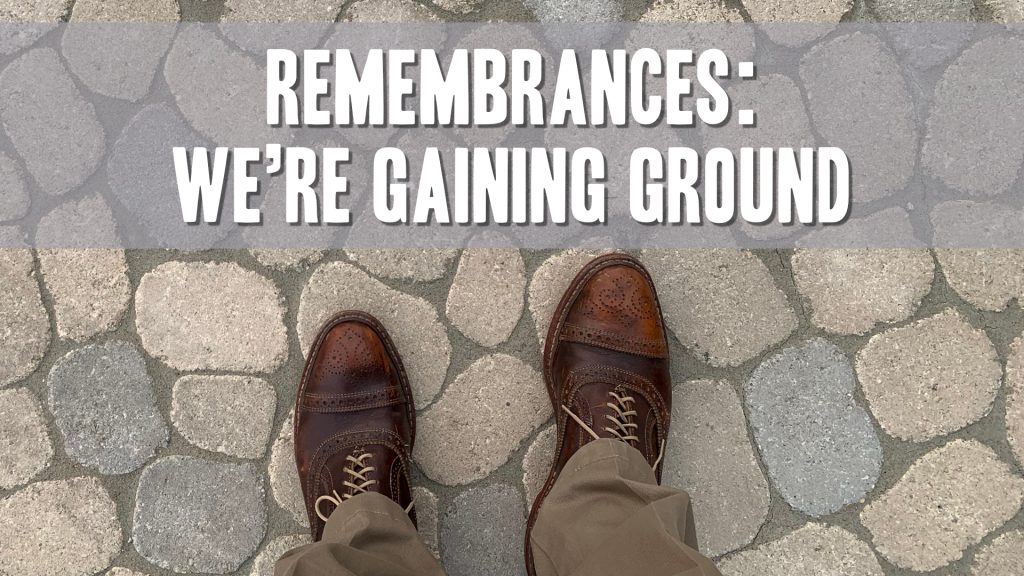Do You Pray?
“The question is one that none but you can answer. Whether you attend public worship or not, your minister knows. Whether you have family prayers in your house or not, your relations know. But whether you pray in private or not, is a matter between yourself and God.”
J.C. Ryle, Do You Pray?
The Evangelical Bishop of Liverpool, J.C. Ryle, took it as his great concern that the people of his congregation actually become holy and so he encouraged them to pray. We have been doing the same through recent weeks by looking at a few of the prayers that Paul prayed for the churches. The premise is simple, if Paul prays these things for the churches, we should pray them for our church also.
So, let us pray. Let us ask God for what we really want. Let us take up the Sunday bulletin at the dinner table and ask God to bless those 3 names listed every week. Ask God to bring health to our sick ones, to comfort our struggling ones, to restore our wandering ones. Ask Him! What if we truly asked for these things and what if He answered by giving them to us?
The Simple Prayers of these last Weeks:
Don’t know what to pray? Start with these simple sentences.
Lord, I know all too well that I remain unlike Christ. Please restore me by your Spirit.
Lord, we do not expect our elders to be perfect but we ask that you do not let them settle for less. Bring them to perfection for your glory, their joy and our good.
Lord, I ask that you meet ____ in the place where he is bent. Straighten him with growing faith in Jesus and growing holiness in the Spirit.
Lord, thank you for your Word and for all the good teachers you have given us. Overcome our true difficulties with learning, overcome our laziness and overcome our actual sin…so that our hearts may be transformed by your Word and our church may be filled with wisdom and understanding.
Lord, our prayer is that you make us holy by the Spirit’s application of your Word. Bring a whole life integrity to us individually and together and fulfill our desire to see the next generations of our physical and spiritual children know you, love you and obey you.
And the 100 Year Prayer:
Eternal God, you gave this place to your resurrected Son when you gave Him the end of the earth to the end of the age. Give us the next 100 years. Give us 100 years of believing children and their children. Give us 100 years of deep adult believers who spread the gospel broadly. Give us 100 years of adult believers who will lead this place and these people according to your will. We ask this so that your kingdom come and your will be done in this place as it is in heaven. We asked this in the name of the one who rules heaven and earth and will never leave us or forsake us. Amen and amen.
I am not Bishop Ryle and I likely will never be, but I am one thing that he will never be, I am your Pastor. I took vows to God and to you to love you, serve you and pastor you until either I bury you or you bury me. I took vows to labor to see you become more like Christ and for your children to become more like Christ. I pray for you and I am encouraging you to pray for one another and for the whole of our church.
Our hope is t o pray more together and learn to pray more together this fall at The Table (our midweek groups) by reading old prayers from The Valley of Vision, learning about the God they pray to and what they pray for before we reword them to pray for our own church.
o pray more together and learn to pray more together this fall at The Table (our midweek groups) by reading old prayers from The Valley of Vision, learning about the God they pray to and what they pray for before we reword them to pray for our own church.
So, I ask, along with the old saint of Liverpool, “Do you pray?”
Pastor Robert




